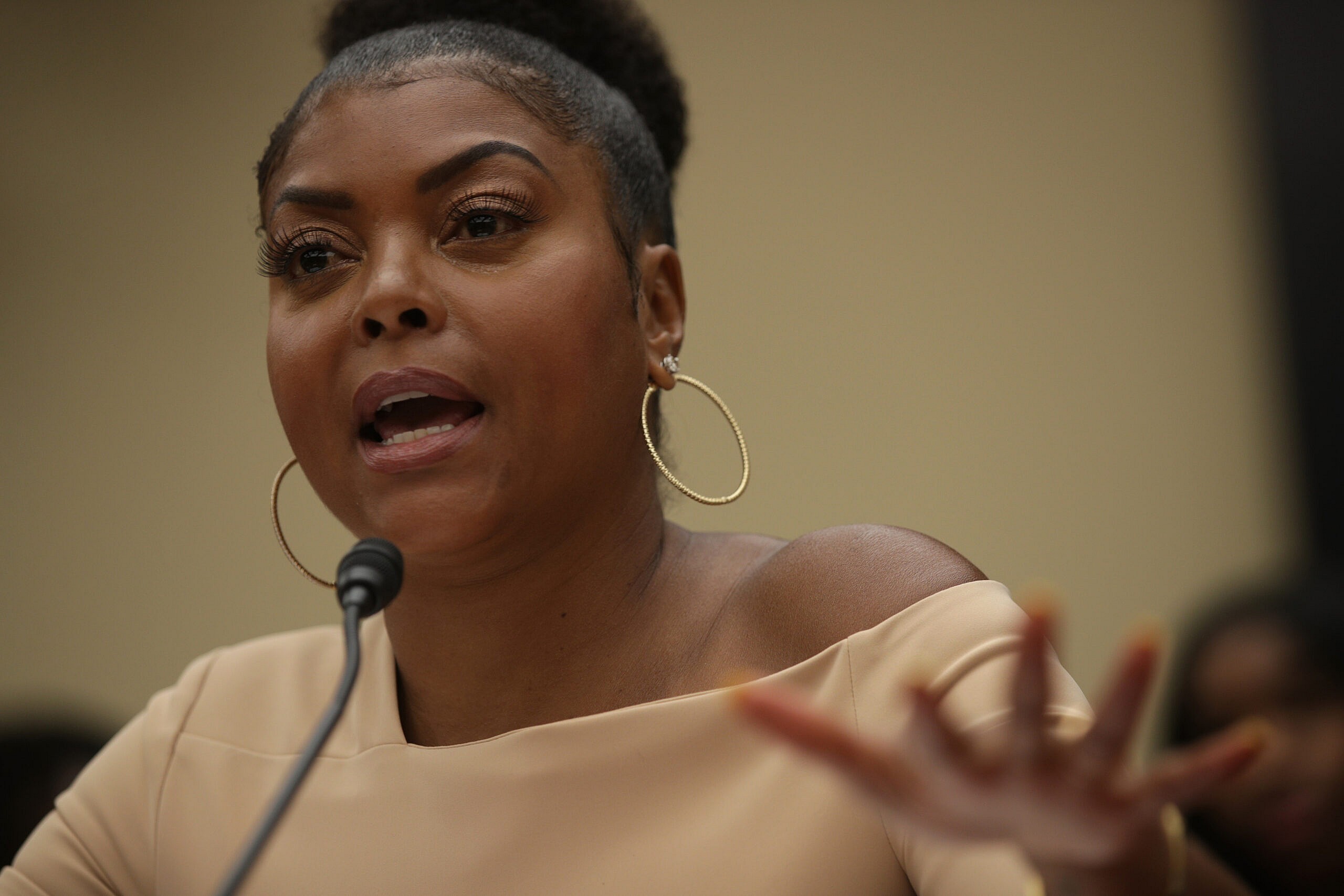Over the past few years, Taraji P. Henson has become a crusader for mental health awareness.
In an effort to combat mental health distress in the classroom due to racial bias, the actress has launched The Unspoken Curriculum, a mental health campaign that provides a safe place for children to discuss mental health issues in the schools.
“We’re in a state of emergency right now,” Henson shared with PEOPLE.”But it takes us to change it… we can’t hide the ugly, you’ve got to deal with the good and the bad if we want to see change.”

Read More: Man shot by deputy was in mental health crisis
Before Henson made it big as an actress, she was a substitute teacher and witnessed her students being treated differently because of their race.
“I taught a special education class, but all of the students were Black boys who had all of their mental and physical capabilities,” said Henson. “These children came from traumatic home situations, and the school labeled them ‘special ed.'”
“These students were only in the 4th grade and they would grab my hand and say, ‘Ms. Henson! Ms. Henson! There was a shootout nearby last night, look at the bullet holes in the wall,’ and laugh,” she adds. “That’s trauma — that’s not something to celebrate or normalize.”
The Unspoken Curriculum is a six-week program that runs from May 17 until June 21 in honor of Mental Health Awareness Month. The program provides discussions with mental health experts and virtual hangout spaces led by therapists and educators to encourage students to speak openly about their school experiences.
The new program is a collaboration with her mental health non-profit, The Boris Lawrence Henson Foundation.
“The more we talk about it, and the more we educate ourselves, the more we know how to do better,” Henson shared.
Read More: New tech policies could expand the Black mental health revolution
According to the American Psychological Association, Black students suffer from discrimination, illness, and poverty at much higher rates than their white counterparts. These struggles lead to a rise in suicide deaths among Black kids in the country.
Henson added that some of her students who struggled financially would get caught stealing food for survival.
“We need more professionals in education to recognize children dealing with trauma and help them, not criminalize them,” she added.

The Empire actress also mentioned that the discrimination she experienced in the classroom as a child still impacts her in adulthood.
“Working in Hollywood, I’m less confident to speak out because I’ll think, ‘I don’t want to be made out to be the Black woman with an attitude,'” said the Washington, D.C. native. “But why shouldn’t I be able to speak my mind? These are things that, at 50, I’m still dealing with.”
In recent years, Henson has become an advocate for mental health. Back in 2019, she started her non-profit named after her father, who served in the Vietnam War and came home with post-traumatic stress disorder.
“I needed to do something, I needed to bring attention to this epidemic. Our children are suffering, we are suffering,” said Taraji to PEOPLE in 2019. “The numbers were alarming about the African-American youth suicide rate. Our children are killing themselves because they can’t cope. We needed to break the silence, and break the cycle.”
Have you subscribed to theGrio’s new podcast “Dear Culture”? Download our newest episodes now!
TheGrio is now on Apple TV, Amazon Fire, and Roku. Download theGrio today!

